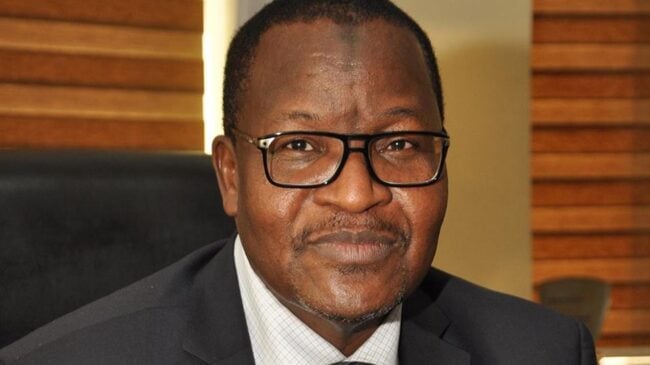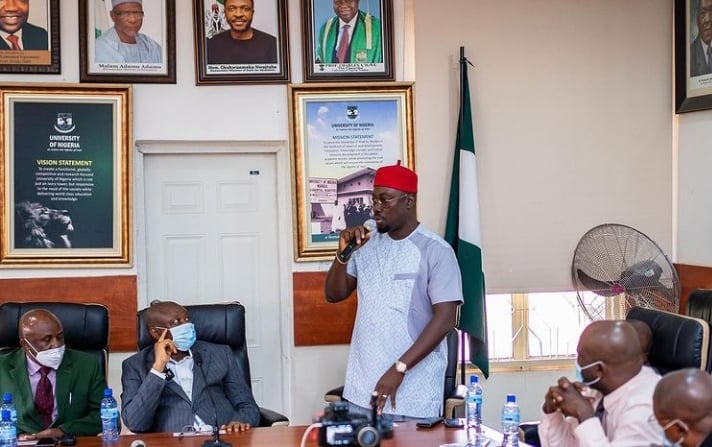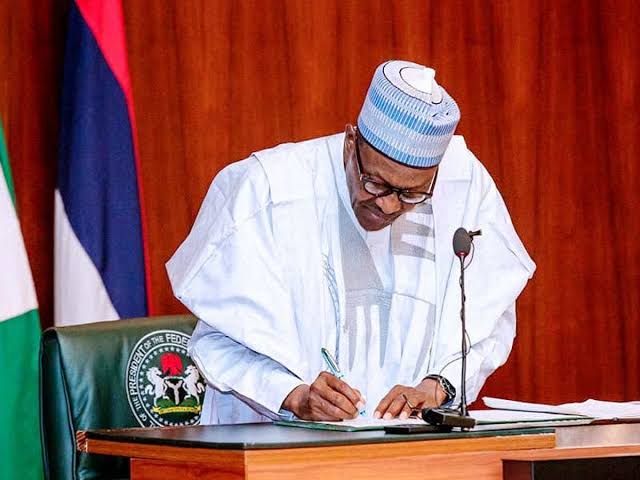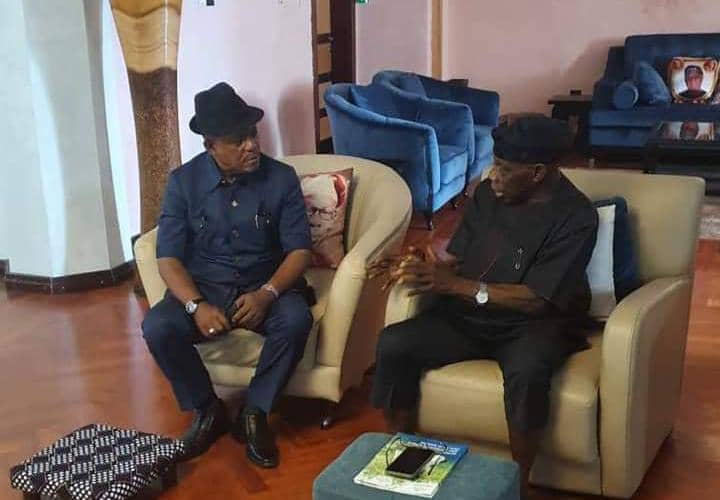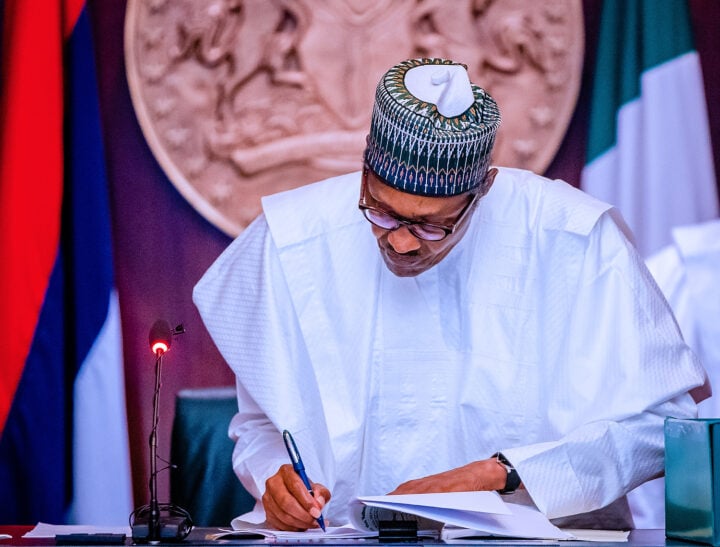A house of representatives committee has tackled the Nigerian Communications Commission (NCC) for ‘ignorantly’ allowing telecommunication companies to shortchange the federal government.
At an interactive session organised by the committee on finance on Thursday in Abuja, the lawmakers queried why NCC allows telcos to independently decide what they pay to the federal government as revenue.
The panel said NCC can generate annual revenue of N2 trillion against the N94 billion realised in 2020 if a proper system is put in place to audit operators in the industry.
Sada Soli, a member of the committee from Katsina, had asked NCC to explain the revenue assurance solution framework employed by the commission.
Advertisement
“Director, can you educate this committee about the revenue generation solution. Do you have an idea about what you are doing with regard to the solution? he asked.
In his response, Umar Danbatta, executive vice-chairman of NCC, who was represented by Yakubu Gontor, director of financial services of the commission, said: “there is a revenue assurance solution towards enhancing our collection in annual operating levy”.
“It is the project that we have, it is actually in the process of being procured. It has not been procured. Right now ICRC is working on it so that it will be taken to FEC for approval,” he said.
Advertisement
Revenue assurance is a software solution that enables a communications service provider to accurately capture revenue for all services rendered.
Soli further asked Gontor if the commission included the revenue solutions in projecting its revenue.
Responding, Gontor said “for the annual operating levy, yes we have. Annual operating levy is the second item on our revenue lines. You can see that in 2020 what we have generated is N52 billion. We are projecting N82 billion in 2022.
“We envisage that the deployment of the revenue assurance system will also help in enhancing the collections in annual operating levy,” he said.
Advertisement
“The annual operating levy is what we collect from the operators based on their operations. We assess their turnover, it is usually based on the turnover that they generate”.
Again, Soli said there is a law that requires the network operators to do their self-assessment and declare what they have generated to the NCC.
In his response, Gontor said “yes, the law says they should do self-assessment; they should submit an audited account and then based on those audited accounts, we will now review the self-assessment and come up with a final assessment which is what will be agreed.
At this point, Soli said the system currently employed by NCC is not effective, adding that it allows the telcos to shortchange the country.
Advertisement
“That is exactly what I want to… They shortchanged the country because you are not part of the assessment,” he said.
However, Gontor said the commission is working to achieve the revenue assurance system.
Advertisement
“That is what we are trying to achieve with the revenue assurance system so that we can also have an independent record of all their revenues,” he said.
“So that by the time they send in their self-assessment and bring in their audited account, we already have all the records of their revenue also.
Advertisement
“Voice and data for network operators is 2 and a half percent of their net revenue. The net revenue is the total revenue after deducting certain items
“You know we said we what to use the revenue assurance system to collect data but right now the system is yet to be deployed. The basis of assessment now is the figure they have in their audited account. That is what we use.
Advertisement
“It is what we are trying to remedy with the initiative we are taking with the revenue assurance system.”
Not satisfied with the explanation, Soli said the country can make up to N2 trillion if NCC employs the revenue assurance system to assess the turnover by the telcos.
“The point is that they are not part of the assessment. They will just declare a figure and determine what they want to pay and NCC ignorantly take it,” he said.
“If they deploy this system, they can generate up to N2 trillion. They know. Because he is not a technical person. Because there is so much vested interest in this generation solution and people are attacking it and the government is not getting this thing done, otherwise, we can generate up to N2 trillion on this. I can prove this if given the opportunity to do that.”
James Faleke, chairman of the committee, said the revenue reported by NCC is little compared to what it would have generated if the revenue assurance system was in place.
“I am interested in a situation where the solution he is talking about if is it true, can give us N2 trillion. Let’s even say N1 trillion; let me be conservative and the figure we are seeing is N82 billion, the gap is too much.”
But responding, Gontor said the parameters used to assess the payment by telcos are effective.
“We work based on the trend that we observed which is dependent on the average revenue per user that the operators declare, we also look at their subscriber base,” he said.
“So we used those parameters and to project into the coming years to be able to come up with a reasonable amount of the annual operating levy that is due from each operator. It is actually a thorough analysis that we do.”
After the back and forth, the committee ruled that NCC provide a list of turnover of all network operators and the amount realised for three years from — 2018 to 2021.
More government officials are expected to appear next week as the committee continues its ten-day interactive session on the 2022-2024 medium term expenditure framework/fiscal strategy paper (MTEF/FSP) for ministries, departments and agencies (MDAs).
Add a comment
